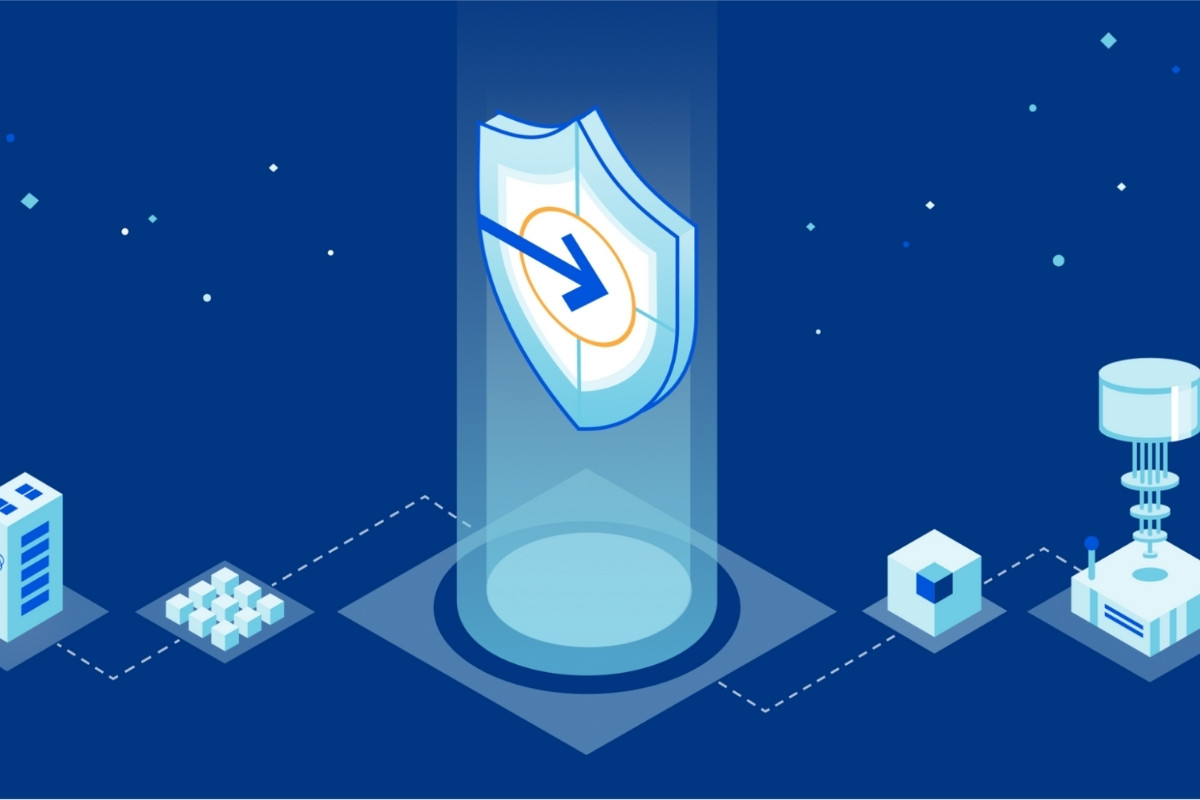Quantum computing is rapidly evolving, and by 2025, it is expected to disrupt multiple industries, including cybersecurity. Traditional encryption methods, which safeguard digital communications, financial transactions, and classified data, may soon be at risk due to the immense computational power of quantum machines. This article explores the state of quantum computing in 2025 and its potential implications on encryption.
1. The Current State of Quantum Computing
Quantum computing has made significant strides in recent years, with major tech companies and research institutions racing toward achieving quantum supremacy.
Key Developments in 2025:
- Advancements in Qubits: Companies like IBM, Google, and Rigetti have developed more stable qubits, increasing computational accuracy.
- Quantum Cloud Services: Accessible quantum computing platforms allow businesses to experiment with quantum algorithms.
- Error Correction Improvements: New techniques reduce the impact of decoherence, making quantum systems more reliable.
2. How Quantum Computing Threatens Encryption
Traditional encryption, including RSA and ECC, relies on the difficulty of factoring large numbers—a problem that classical computers struggle to solve. However, quantum computers leverage Shor’s Algorithm, which can break these encryptions exponentially faster.
Potential Risks:
- Breaking RSA-2048: A sufficiently powerful quantum computer could decrypt current secure communications within minutes.
- Vulnerability of Blockchain: Cryptocurrencies and blockchain networks relying on traditional cryptographic methods may become insecure.
- Threat to Secure Communication: Government and corporate secrets, financial data, and personal information are at risk.
3. Post-Quantum Cryptography: The Solution?
To counter the risks posed by quantum computing, researchers are developing post-quantum cryptography (PQC), which uses mathematical problems resistant to quantum attacks.
Key Solutions in Development:
- Lattice-Based Cryptography: Hard problems in lattice structures remain difficult for quantum algorithms.
- Hash-Based Cryptography: Digital signatures leveraging hash functions provide secure alternatives.
- Code-Based Cryptography: Systems like McEliece encryption are resistant to quantum attacks.
- Multivariate Cryptography: Uses polynomial equations, offering robust security.
In 2025, governments and industries are accelerating their adoption of PQC standards, with organizations like NIST (National Institute of Standards and Technology) leading the way.

4. Real-World Implications of Quantum Computing on Security
Quantum computing’s impact on cybersecurity extends beyond just encryption. Several industries are preparing for significant changes.
Key Industries Affected:
- Financial Sector: Banks and payment processors are implementing quantum-resistant encryption to protect transactions.
- Government and Military: Agencies are investing in quantum-secure communication channels.
- Healthcare: Securing patient data against future quantum attacks is a priority.
- Big Tech: Companies like Google, Microsoft, and IBM are spearheading efforts to transition to quantum-safe encryption.
5. The Road Ahead: What to Expect Beyond 2025
The transition to a quantum-secure digital world is inevitable, but challenges remain.
What’s Next?
- Widespread Adoption of PQC: Governments and corporations will integrate quantum-safe encryption across their systems.
- Quantum-Proof Blockchain: New cryptographic methods will ensure the security of decentralized technologies.
- Quantum Cybersecurity Regulations: Policies will emerge to mandate the use of post-quantum security protocols.
- Development of Hybrid Cryptography: A mix of classical and quantum-safe encryption will be used as a transition strategy.

While quantum computing in 2025 is unlikely to completely render traditional encryption obsolete, it poses significant challenges to current cryptographic systems. Organizations must proactively adopt quantum-resistant solutions to stay ahead of potential threats. The quantum era is here—are we ready for it?


